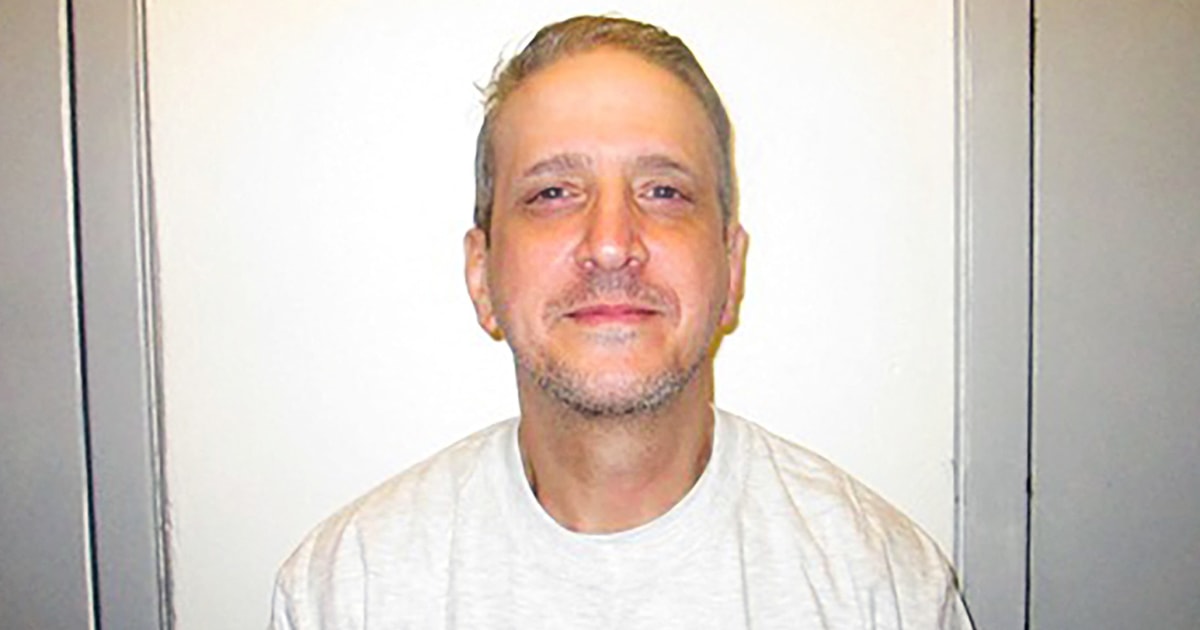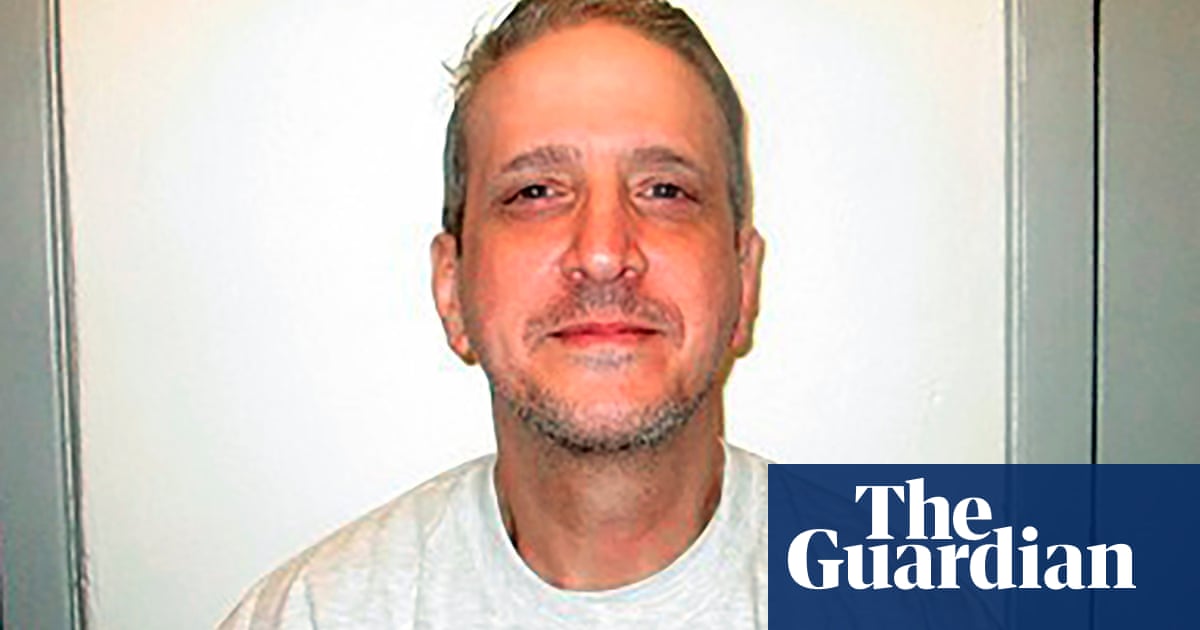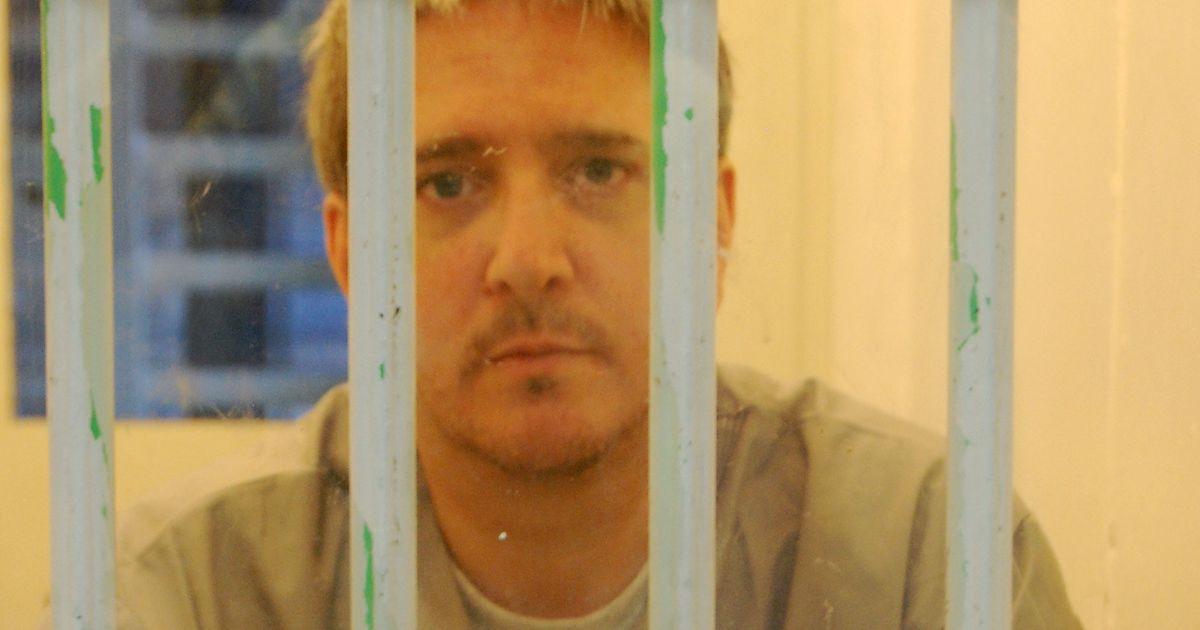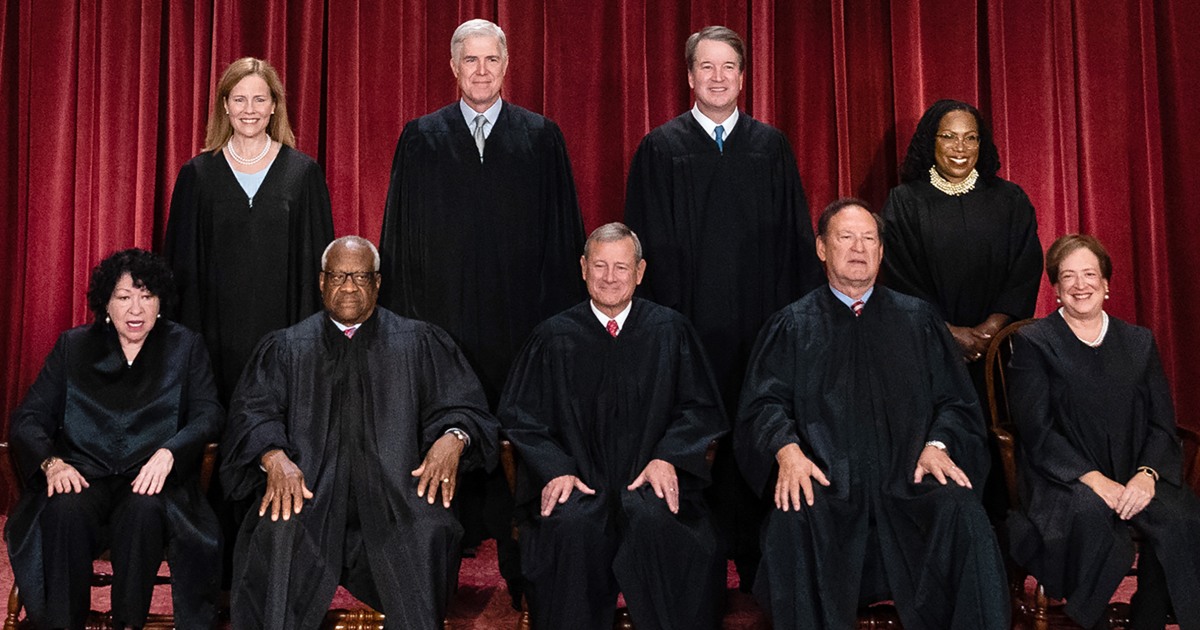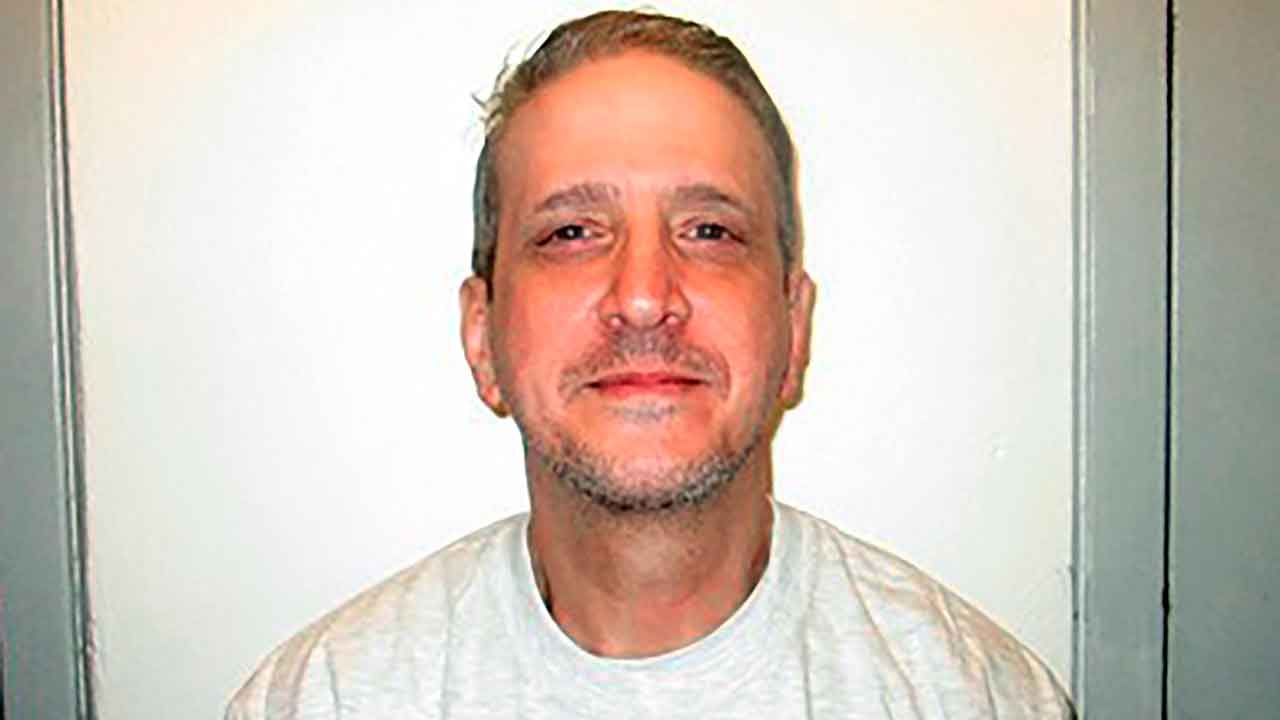Supreme Court Overturns Richard Glossip's Conviction, Orders New Trial
The Supreme Court has granted Richard Glossip a new trial after ruling that his constitutional rights were violated due to withheld evidence.
Overview
In a significant ruling, the Supreme Court has overturned the conviction of Richard Glossip, an Oklahoma death row inmate. The court found that prosecutors failed to disclose crucial evidence regarding the credibility of a key witness, leading to a violation of Glossip’s constitutional rights. This decision enables Glossip to potentially receive a fair trial after nearly 27 years of claiming his innocence. The case has garnered attention across the nation, notably supported by Oklahoma's Republican attorney general, who acknowledged flaws in the initial prosecution. Glossip's legal future now hinges on the state's decision regarding new proceedings.
Content generated by AI—learn more or report issue.

Get both sides in 5 minutes with our daily newsletter.
Analysis
- The Supreme Court ordered a new trial for Richard Glossip after determining that his previous trial was unfair due to the prosecution's failure to disclose critical evidence that undermined the credibility of a key witness.
- Glossip's case is notable not just for its implications for the death penalty but also for the unusual support he received from Oklahoma's Republican attorney general, who admitted prosecutorial misconduct during Glossip's original trial.
- The ruling emphasizes the need for transparency in the legal system, asserting that the withholding of evidence violates a defendant's constitutional right to a fair trial.
Articles (14)
Center (6)
FAQ
The Supreme Court overturned Richard Glossip's conviction due to prosecutorial misconduct, specifically the failure to correct false testimony from key witness Justin Sneed regarding his mental health treatment.
Richard Glossip has been on death row for nearly 27 years. He maintains his innocence in the murder of Barry Van Treese, claiming he had no part in the crime.
Oklahoma's Republican Attorney General Gentner Drummond supported Richard Glossip's petition for a new trial after an independent investigation revealed withheld evidence and concerns about the prosecution's integrity.
Justices Clarence Thomas and Samuel Alito argued that the false testimony was immaterial to the outcome and that the majority stretched the law to rule in Glossip's favor. Justice Amy Coney Barrett suggested sending the case back for further proceedings rather than ordering a new trial.
History
- This story does not have any previous versions.
